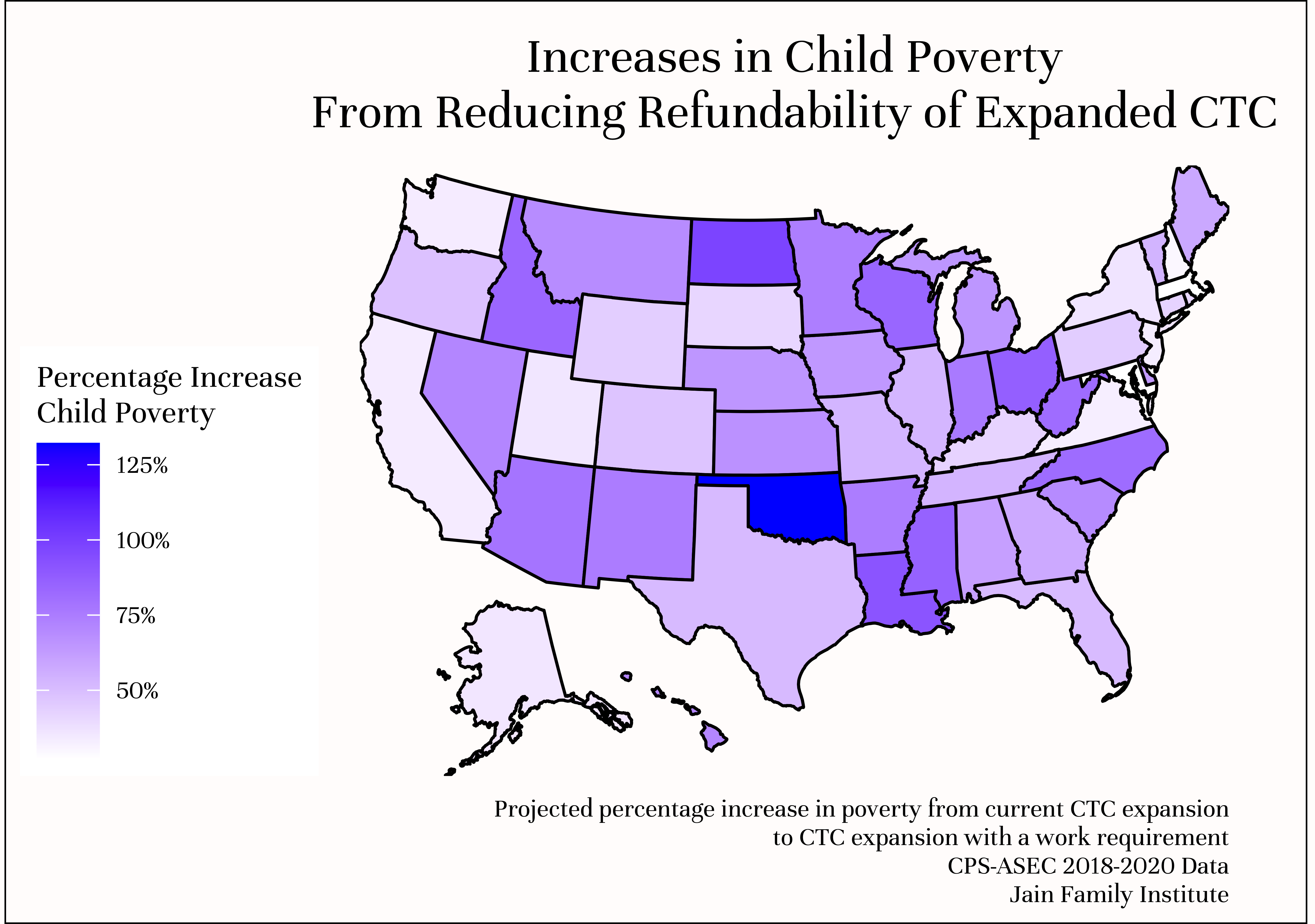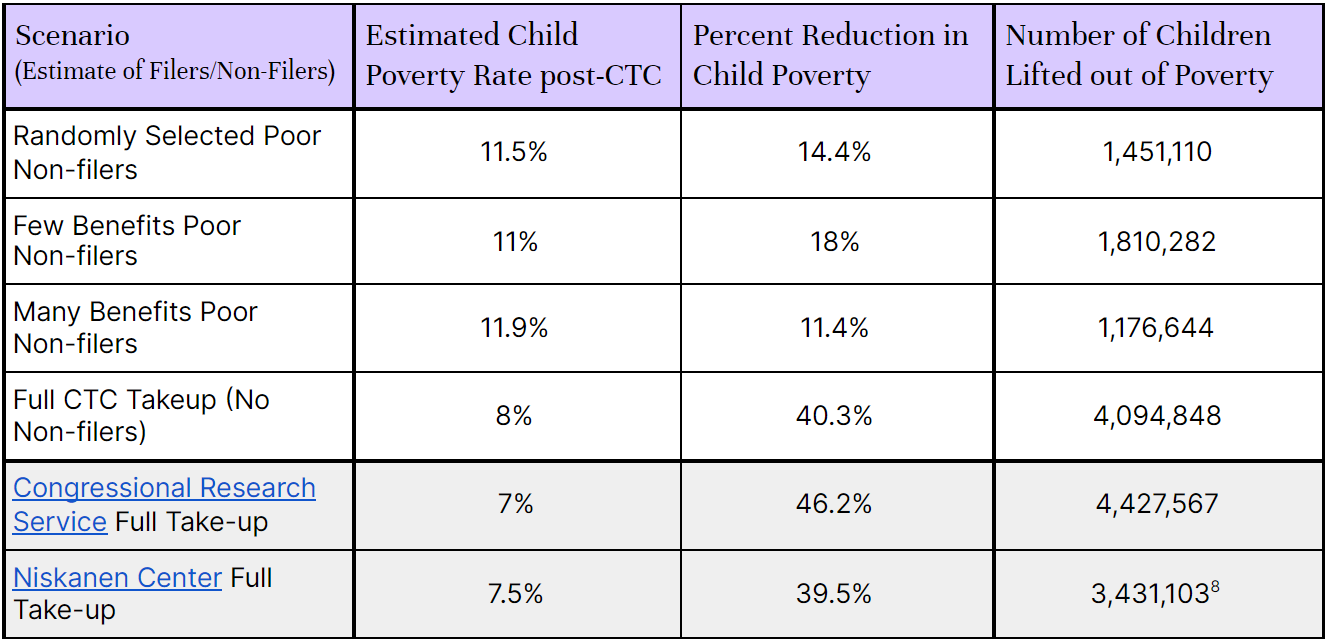Stephen Nuñez
Lead Researcher, Guaranteed Income

As the Lead Researcher on Guaranteed Income (GI) until 2022, Dr. Stephen Nuñez lead JFI’s research into guaranteed income policy, testing its practical application and design by taking on empirical work that offers unique opportunities to understand how GI programs affect individuals and communities. He also supported modeling work to understand economy-wide effects of GI policy, and the implications for different approaches to financing.
Before coming to JFI, Steve was Research Manager at ImpactMatters and a Research Associate in MDRC’s Low-Wage Workers and Communities policy area. He brings over a decade of experience in research and program evaluation, with special expertise in housing, workforce, and community development. Steve holds a PhD in sociology, studying social network analysis with sociologist Mark Granovetter. He also completed a masters in economics at Stanford University, and a bachelors degree in politics from Princeton University.
Related Publication Series

From Idea to Reality: Getting to Guaranteed Income

Messaging Guaranteed Income

Policy Microsimulations
Publications
Revisiting the Child Tax Credit for the Lame Duck Session: Comparing Parameters for Anti-Poverty Impacts
JFI researchers review recent CTC proposals and simulate the effects of varying key reforms that increase the policy's anti-poverty impacts,...
Part of the series Policy Microsimulations
The Political Economy of Guaranteed Income: Where Do We Go From Here?
This paper is the fourth and final in a series on “Getting to Guaranteed Income,” analyzing the research to date...
Part of the series From Idea to Reality: Getting to Guaranteed Income
Memo: Cost Simulations of a Fully-Refundable Child Tax Credit (CTC) 2022-2031
Jack Landry and Stephen Nuñez publish ten-year CTC full refundability estimates, illustrating compromise proposals that retain CTC poverty impacts...
Part of the series Policy Microsimulations
Analysis of Full Refundability of the Child Tax Credit Without Expansion
Recent reports indicate that the Build Back Better legislative package will allow the increased Child Tax Credit value to continue...
Part of the series Policy Microsimulations
Reducing Refundability of the Child Tax Credit: Assessing Poverty Impacts and Trade-offs
A microsimulation brief finding that proposals to limit the refundability of the Child Tax Credit would increase child poverty by 53...
Part of the series Policy Microsimulations
Assessing Non-filer Rates & Poverty Impacts for the American Rescue Plan Act’s Expanded CTC
A microsimulation of child poverty impacts and analysis of how to reach eligible non-filers for maximum poverty impacts
Part of the series From Idea to Reality: Getting to Guaranteed Income
Part of the series Policy Microsimulations
JFI Position on Guaranteed Income, August 2021
A new position paper by JFI’s guaranteed income research team brings together years of policy research to define basic...
Part of the series From Idea to Reality: Getting to Guaranteed Income
Reweaving the Safety Net: The Best Fit for Guaranteed Income
The second installment reviews the literature on cash assistance, indexes current income support and insurance programs, and offers insights on...
Part of the series From Idea to Reality: Getting to Guaranteed Income
Building a Helicopter: Pathways for Targeting & Distributing a US Guaranteed Income
Unprecedented levels of unemployment and income loss stemming from the COVID-19 pandemic have left many Americans unable to afford basic...
Part of the series From Idea to Reality: Getting to Guaranteed Income








